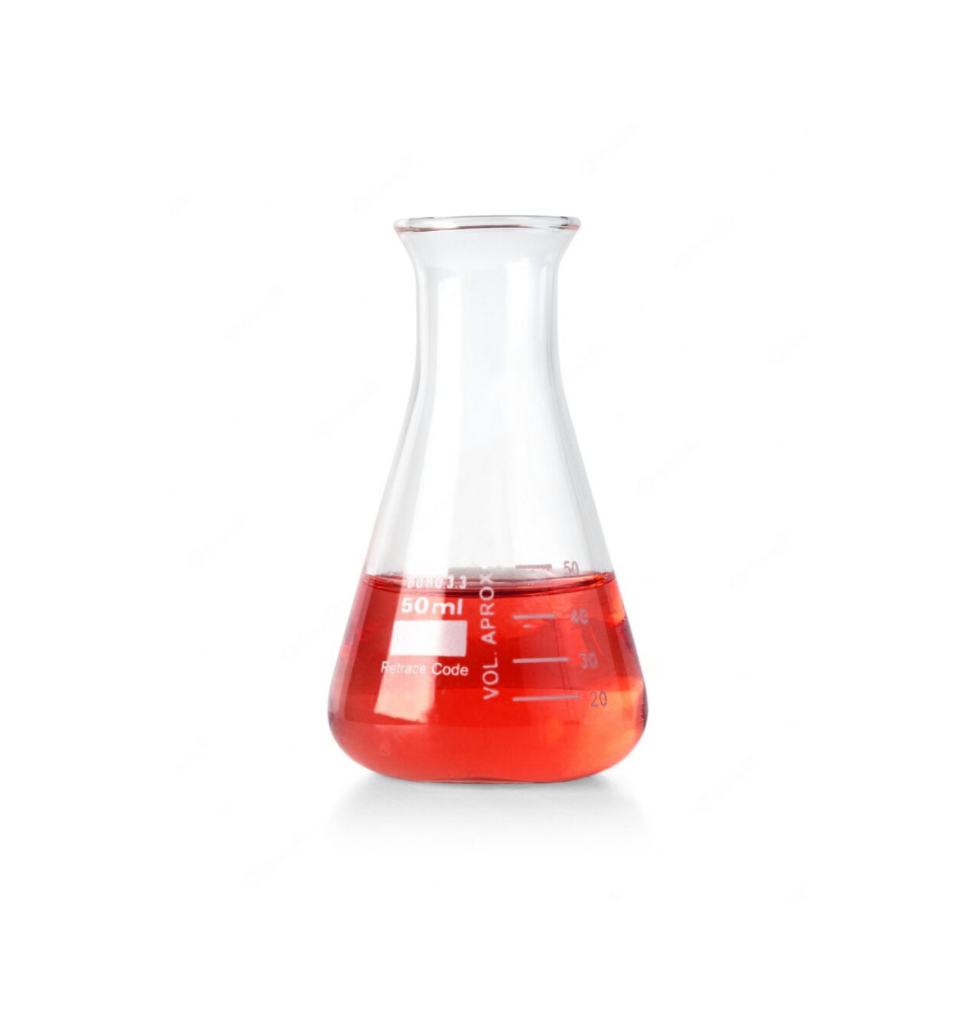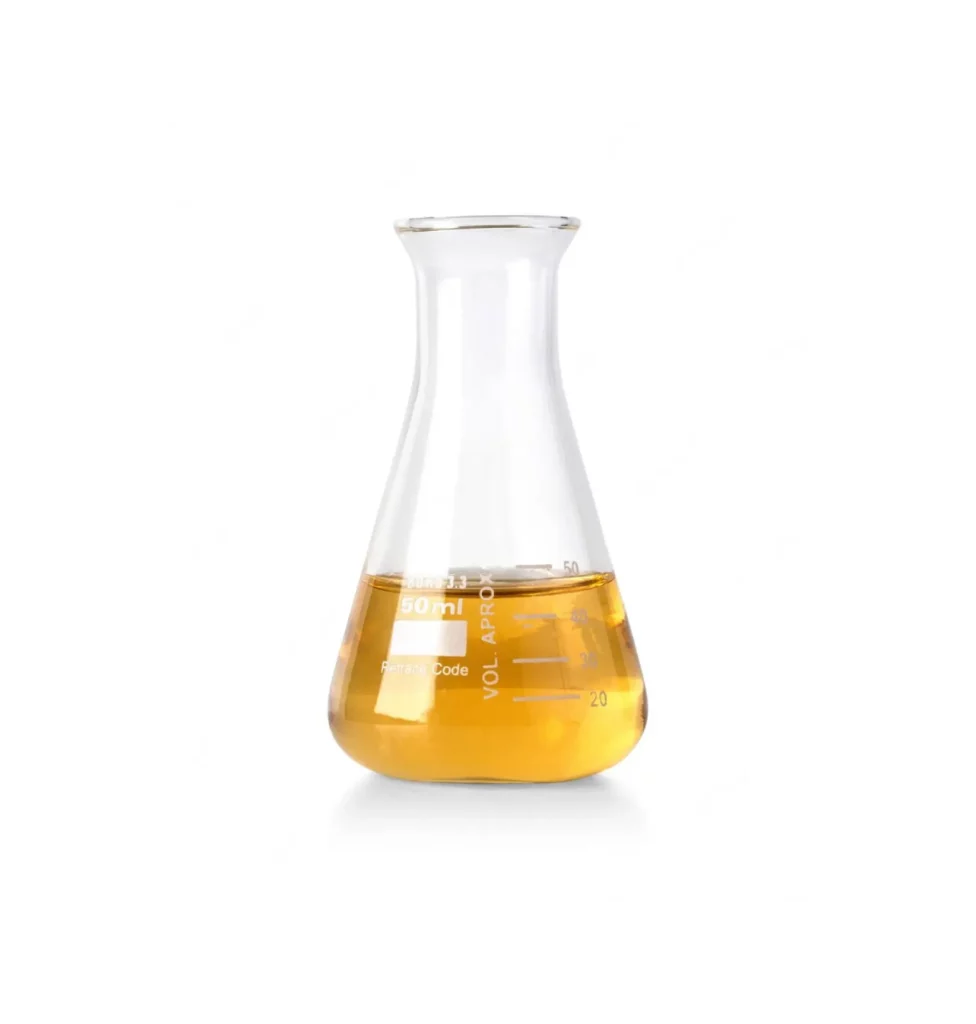We harness the natural microbial power of yeasts and hydrogen-oxidising bacteria, combined with German bioprocess engineering, to create highly efficient production processes. We use renewable carbon from emissions containing biogenic carbon dioxide and industrial organic byproducts.

COSMETICS
SURFACTANTS

SUSTAINABLE AVIATION FUELS (SAF)
BIOPLASTICS

The conversion of organic byproducts into oils is facilitated by naturally occurring non-GMO yeasts found in nature. Our non-GMO bacteria convert carbon dioxide into biomass, which can be used as animal feed. It takes genetic engineering to make the bacteria produce oils.
Yes, we provide oil and biomass samples in sufficient quantities for prototyping purposes. Please contact us for a commercial quotation.
Yes. We have successfully completed research projects ranging from several weeks to several months. Our partners provided us with samples of renewable carbon which we tested using our proven fermentation methodology. Our partners were satisfied with the oil samples we provided, as well as the technological reports that included techno-economic analyses and scaling plans.
Yes, our products will go through the European Novel Food Process once we decide to enter the food market.
The production of alternatives to palm kernel oil and coconut fat would involve the synthesis of triacylglycerols with a high content of lauric acid (C12:0). Lauric acid is known to have antimicrobial effects, which naturally limits harmful concentrations by microorganisms during production. Creating an economically viable microbial production system for it will require considerable effort.
The taste, odour and colour of our oils can be tailored to individual requirements. By carefully selecting microbial strains, tailoring the fermentation process and downstream processing, we can produce oils with a range of characteristics, including colourful antioxidant varieties as well as colourless, odourless and neutral tasting oils. The refining process is similar to that of vegetable oils.